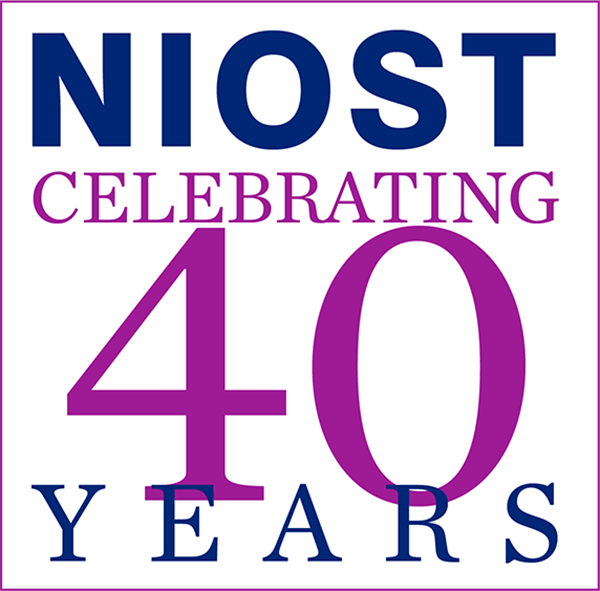If We Can Hold onto One Thing ...
May 14, 2020
 We are all challenged by the variety of tasks we are taking on during this pandemic time. Whether we are on the teaching/facilitating side or the learning side, we have had to step-up and sharpen our technology skills to stay connected and hold onto our learning relationships. And in many ways, more than ever, we are learning together! Many out-of-school time program and youth development professionals have dramatically adjusted their usual daily work to supporting families by participating in technology equipment and food distribution. Homework support normally offered through the available out-of-school time program has moved to online. Out-of-school time program and youth development professionals across the country are also continuing to provide support to children and youth through online daily or weekly meet-ups, youth chats, discussion groups, facilitated exercise, group STEM experiences, or hang-outs.
We are all challenged by the variety of tasks we are taking on during this pandemic time. Whether we are on the teaching/facilitating side or the learning side, we have had to step-up and sharpen our technology skills to stay connected and hold onto our learning relationships. And in many ways, more than ever, we are learning together! Many out-of-school time program and youth development professionals have dramatically adjusted their usual daily work to supporting families by participating in technology equipment and food distribution. Homework support normally offered through the available out-of-school time program has moved to online. Out-of-school time program and youth development professionals across the country are also continuing to provide support to children and youth through online daily or weekly meet-ups, youth chats, discussion groups, facilitated exercise, group STEM experiences, or hang-outs.
We didn’t sign up for this! But here we are. And we are giving it great effort. However, it’s important to acknowledge the frustration we feel sometimes, also, as educators, out-of-school time professionals, teachers, and parents. It may already have happened or will sometime in the near future when we need to let go of something. So … I’m putting this out there. If we can hold onto one thing, let it be reading.
According to the 2011 National Assessment of Education Progress report 2/3 of 4th graders nationally are not “proficient” readers. Research by the National Research Council (1998) suggests that, “academic success, as defined by high school graduation, can be predicted with reasonable accuracy based on third grade reading skills.” It’s overwhelmingly apparent that the early years are the single most important period of time during which literacy development occurs in a person’s life (National Association for the Education of Young Children, 1998).
Read aloud to children or read aloud with children. Perhaps the most important reason to read aloud to children is that it encourages them to read. As children listen to stories and other texts their attention span increases, they create images in their minds, make inferences, and understand how the voice conveys meaning. It has been recently reported that for a child the value of reading at home for 20 minutes a day translates into hearing 1,792,000 more words per year than a child not reading at home.
Virtual read-a-louds, book clubs, reading buddies at home, and just reading with our own children are all meaningful ways to keep words flowing. Reading is worthy to be the one thing to hold on to. Hopefully, the experience of reading aloud is just as enjoyable for the adult participant as the receiver. In this pandemic time, Mason Cooley’s words remind us, “Reading gives us some place to go when we have to stay where we are.”
Here's more on building literacy rich environments in OST programs:



